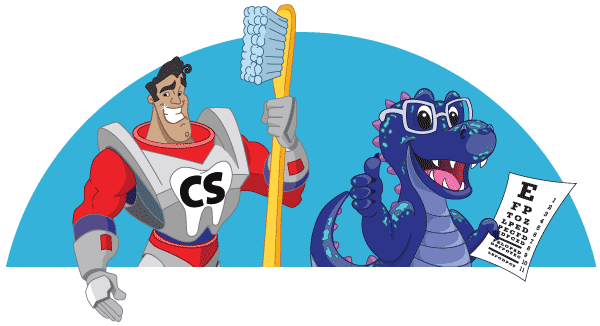- Services
-
-
Dental Services Done Right!
Vision Services
Orthodontics
-
-
- Why Us
-
-
Your Family is Our Family
Every child deserves access to high-quality dental, vision, and orthodontic care.

Medicaid & Most Insurance Accepted
Medicaid and most dental insurance plans cover two dental cleanings and check-ups per year.

High Quality Providers Near You
-
-
- Locations
-
-
- Find your Location
 Colorado
Colorado
 New Mexico
New Mexico
 Oklahoma
Oklahoma
 Washington, DC
Washington, DC
-
-
- Education
-
-
Dental
Types of Dental Sedation for Children
What to Know About Dental X-Rays for Children
Effects of Fluoride on Children’s Teeth
How to Get Complete Dental Care for Kids with Medicaid
Understanding and Preventing Cavities in Children
Dental Restorations: Repairing a Chipped Tooth
Dental Hygiene Routine for Kids
Different Types of Bites in Children
-
Vision
-
Orthodontics
-
Resources
-
Videos
-
-
- Insurance
- Community
 Skip to main content
Skip to main content







